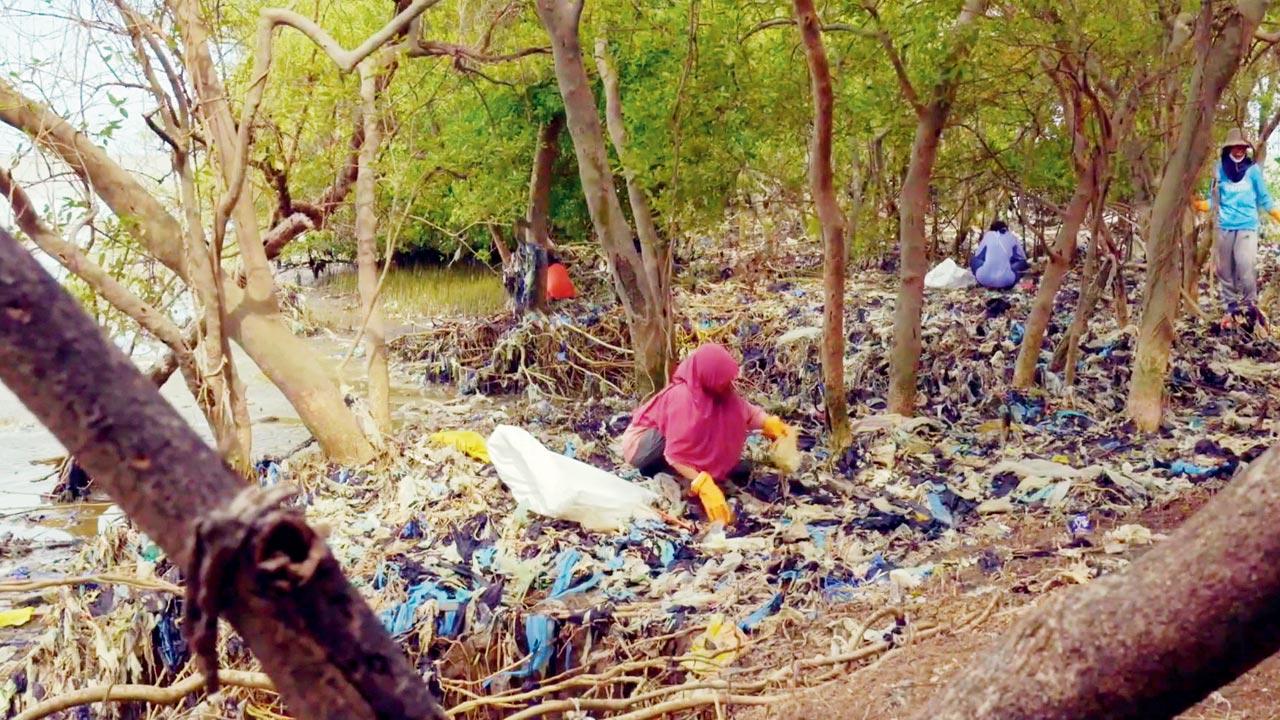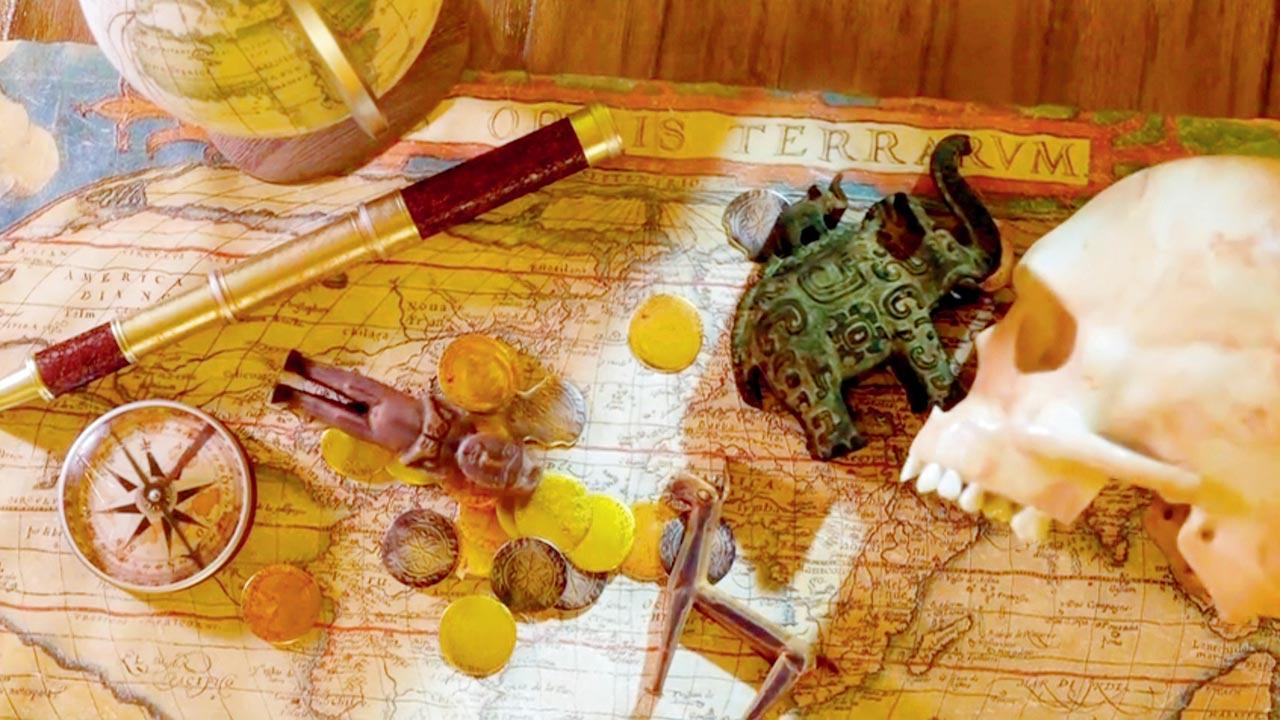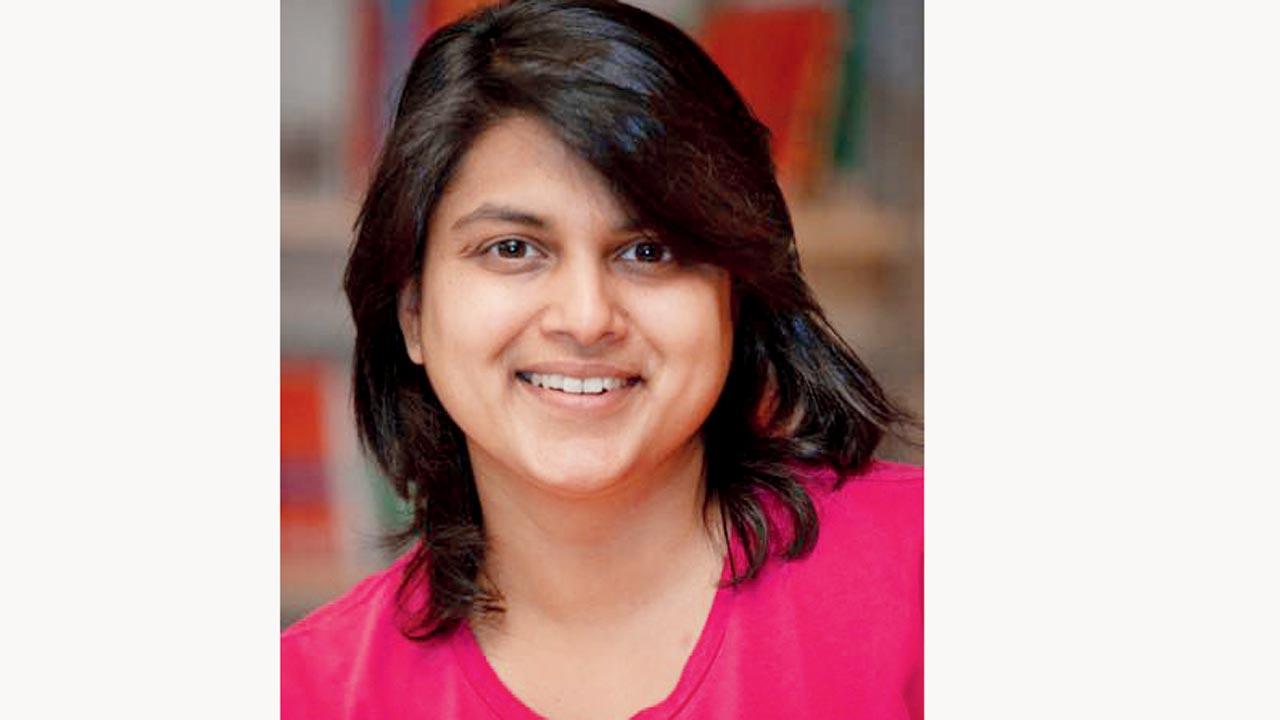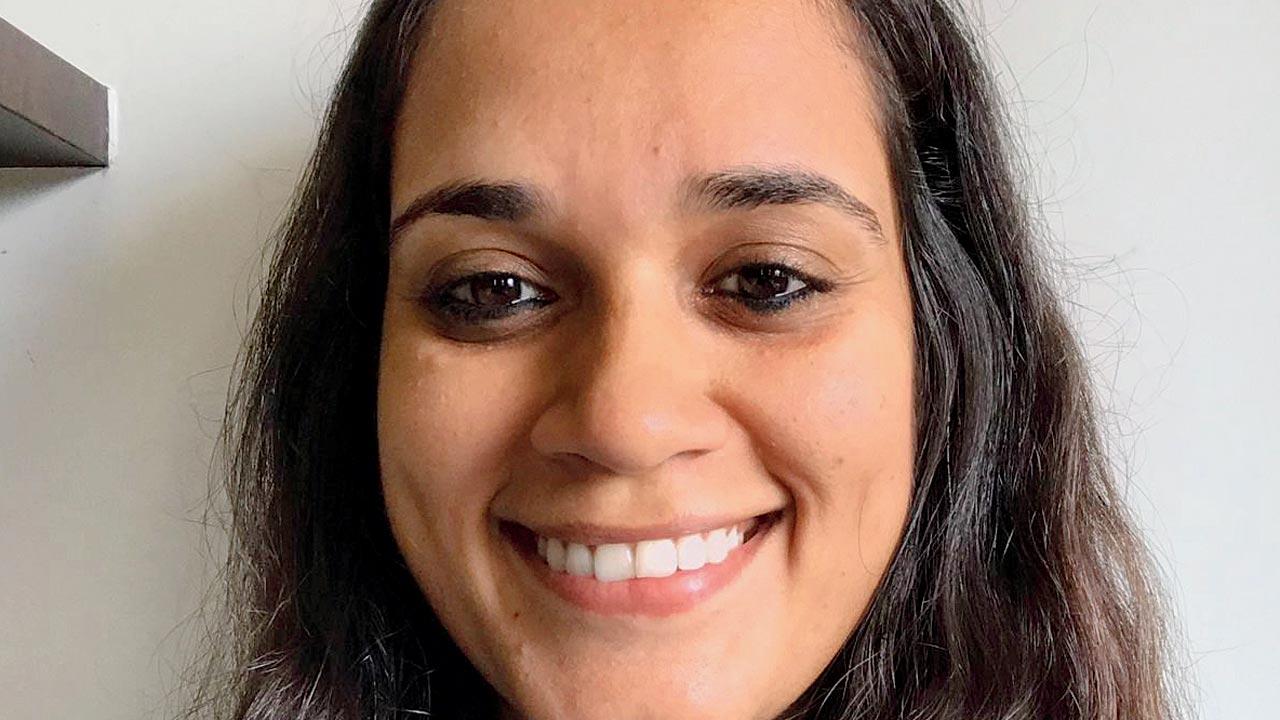Now in its sixth edition, a film festival that celebrates scientific communication through fun activities ensures that young minds are aware of the global picture

A moment from BYkids - Faith’s World
When thinking of elementary lessons that fascinated us with a sense of reason, this writer is reminded of the spinning top. Her mother pulled it out from a basket of old toys to put up a mini show of earth’s rotation. A few years later, the instance of the spinning top was used in school to explain the conservation of angular momentum against small torques — like the effect of gravity on the twirler. Practical activities somehow yank concepts out of fat textbooks to place them before our sparkling eyes. Thereon, the possibilities seem endless.
ADVERTISEMENT
 A scene from The Recycling Lie
A scene from The Recycling Lie
But does our engagement with science remain as riveting throughout our growing up years? Is it direct and free of prejudice? The answer is a resounding “no”. The Science Film Festival organised by Goethe-Institut, Mumbai, intends to bridge this gap and make science more accessible. The first edition of the festival was hosted in 2005. In its sixth leg, the film festival returns in a hybrid format, highlighting the theme — Equal Opportunities in Science. “This curation of 23 short films aims to promote scientific literacy across intents. They address children and young adults about new-age empirical, technological and environmental concerns,” says Amruta Nemivant, senior manager, gallery and cultural programmes, Goethe-Institut, Mumbai. Part of its outreach initiatives, the event has helped the institute find a more comprehensive database of young contributors.
 A stop motion frame from Zenith - The Great Voyage. Pics/vimeo.com
A stop motion frame from Zenith - The Great Voyage. Pics/vimeo.com
The festival kicked off on October 1 and will continue till the second week of December. Facilitator and educator Alisha Sadikot, who works as a link between the institute and city schools, feels the long duration is an impetus for more parents and teachers to be interested in the festival. “It is a free resource. Once children and university students sign up via the registration link, they receive the web address to the films and a password. They can watch the films at an unhurried pace as many times as they want. The facility grants users the ease of convenience without having to worry about juggling school tests and other deliverables.”
 Amruta Nemivant
Amruta Nemivant
The films will come with a range of activities like making bubble snakes, conducting the Benedict’s Test, making a hydraulic prosthetic hand and learning coral biomimicry, among others. Nemivant tells us that after the Diwali break some schools will organise group screenings of the films, too.
Till December 18
Log on to goethe-mumbai to register
Free
Must watch
Early learners (Five to eight years)
. House of Little Scientists - Bubbles
Primary school (Nine to 11 years)
. Nine-and-a-half - Your Reporters: I am Deaf - Navina Shows Us Her World
. Unimaginable! What Thoughts Can Move (from the same series)
. When Researchers Take a Leaf out of Nature’s Book (from the same series)
Secondary school
(12 to 16 years)
. Sci-PY Reporter: Every Child a Scientist
University and general public
. Mind the Gap - (No) Interest
. Mind the Gap - (No) Role Models
. The Recycling Lie
By Alisha Sadikot

The Guide’s top 7 picks
. House of Little Scientists - Bubbles
. BYkids - Fire In Our Hearts
. Zenith - The Great Voyage
. Plastic Age - Forever?
. The Recycling Lie
. Patient 4.0
. Gender and Science
 Subscribe today by clicking the link and stay updated with the latest news!" Click here!
Subscribe today by clicking the link and stay updated with the latest news!" Click here!







